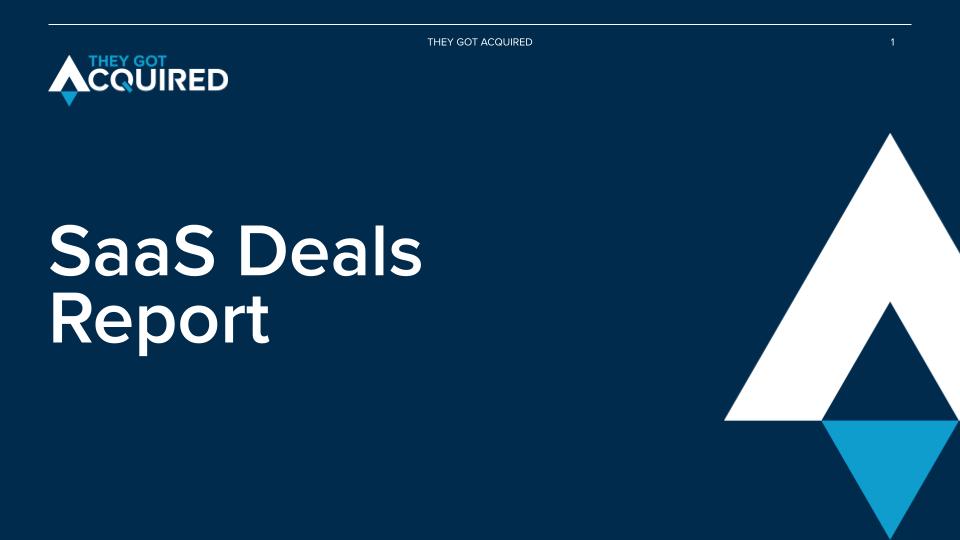While chatting with an industry friend, Melissa Kwan found herself getting really honest: she wanted out of real estate.
“I was ready for another challenge,” said Kwan, co-founder of Spacio, a Vancouver-based marketing system for home listings and open houses. “The opportunity cost of sticking with something I wasn’t fully enjoying was too high.”
The friend she was talking to was Aaron Kardell, founder and CEO of real estate platform HomeSpotter. And coincidentally, he was looking to make their first acquisition at that very moment.
HomeSpotter went on to buy Spacio in 2019 for 7 figures, according to Kwan. The deal included “a mix of upfront cash, earn out, bonuses and stock,” Kardell shared on LinkedIn.
How Spacio became a player in the real estate space
Co-founded by Melissa Kwan and Ting Sun in 2014, the Spacio platform provided agents with a digital toolset to automate lead capture and follow ups. This helped realtors replace outdated paper sign-in forms at open houses and convert them into customers with a quicker and more streamlined approach.
Kwan had previously worked in sales and on another startup, while Sun had a background in tech. The founders grew the business over five years with $350,000 raised through family and friends.
At the time of sale, Spacio had 120,000 real estate agents using the platform and 100 enterprise customers, including brokerages and franchises. That brought in nearly $1 million in ARR (annual recurring revenue), Kwan said. The company had five employees, including its two co-founders.
But it took years to get that traction. They considered expanding into other industries, but because Spacio was a niche product, that wasn’t possible without significant changes.
“I had to keep hitting the phones and getting in front of potential customers,” Kwan said. “We eventually hit our stride, but that wasn’t before I got myself into a lot of debt to find product-market fit, which took 2.5 years from starting the company.” She also moved to New York City to be closer to the real estate tech space and potential customers.
Getting HomeSpotter on board as a buyer
The buyer, HomeSpotter, is a real estate technology company that integrates with over 300 multiple listing services (MLSs) and reaches over 500,000 real estate agents across North America.
The company now offers three solutions – Connect, Boost, and Spacio – to provide agents with automated digital marketing for listings and open houses, a MLS app, and an online client collaboration platform.
Because she was selling to a friend, the sale process was relatively easy, Kwan said. “Neither of us were really big companies and Aaron and I made all the decisions. There were no bottlenecks, and the intention to do the deal quickly was there for both sides.”
The tougher part? Merging into the new company. “The hardest thing about selling your company is actually merging with another company after it’s sold,” she said.
In a company blog post published at the time of the sale, Kardell said: “We’ve been thinking about the open house opportunity since 2013, as open house visitors represent some of the most motivated buyers in the market that aren’t always captured through other lead gen sources.”
“We considered building a registration product internally and also looked at solutions in the market that address this need,” he wrote. “The combination of the founding team at Spacio, their proven track record of delivering a best-in-class solution, and resoundingly supportive customer feedback [showed] there’s such strong alignment that it makes sense to bring our businesses together.”
HomeSpotter was later acquired in 2021 by Lone Wolf Technologies, an end-to-end real estate software suite for brokerages and agents.
After the sale, Kwan stayed on with HomeSpotter in a VP role, and Sun as a part-time contractor. Kwan is now running eWebinar, a product that saves people from doing the same webinar over and over again for sales demos, training and onboarding. She helps companies scale their webinar strategy so they can get their time back and prevent team members from burning out.



